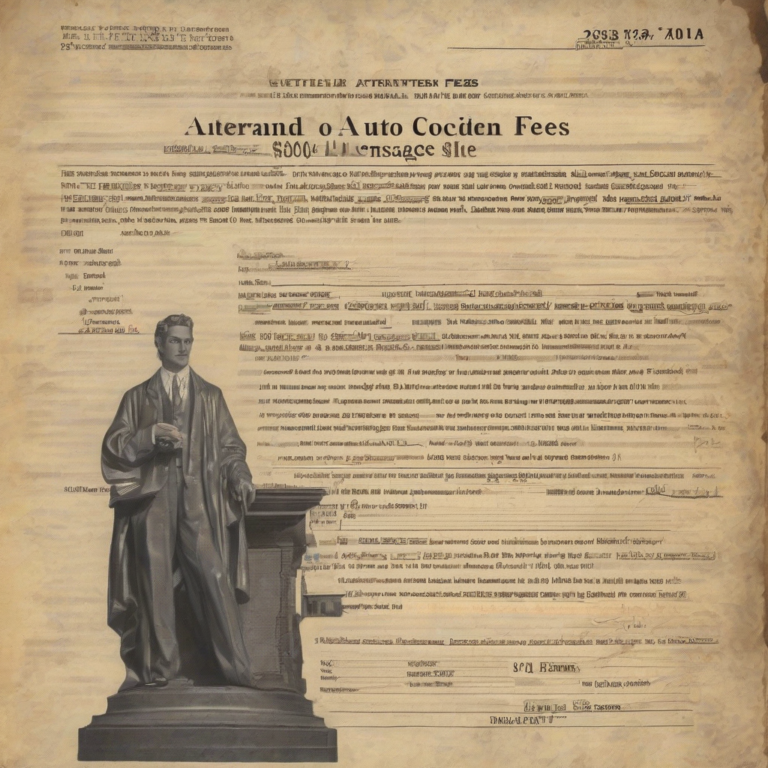
Navigating the Complexities of Workers’ Compensation in Raleigh, NC: Your Guide to Finding the Right Attorney
Suffering a workplace injury in Raleigh, NC, can be a devastating experience, both physically and financially. The workers’ compensation system, designed to protect injured employees, can often feel confusing and overwhelming. Understanding your rights and navigating the legal process requires expertise and advocacy. This comprehensive guide explores the intricacies of workers’ compensation in Raleigh, NC, and provides valuable insights into finding the right attorney to represent your interests.
Understanding Workers’ Compensation in North Carolina
North Carolina’s workers’ compensation system provides benefits to employees injured on the job, regardless of fault. These benefits typically cover medical expenses and a portion of lost wages. However, the process of obtaining these benefits can be surprisingly complex. Insurance companies often aggressively try to minimize payouts, leading to disputes and protracted legal battles.
- Medical Benefits: Workers’ compensation covers necessary medical treatment related to the work injury, including doctor visits, surgery, physical therapy, and medication.
- Wage Replacement: Injured workers may receive a percentage of their lost wages while they are unable to work due to their injury.
- Permanent Disability Benefits: If an injury results in permanent impairment, workers may be entitled to additional benefits based on the severity of their disability.
- Death Benefits: In cases of a workplace fatality, surviving dependents may be eligible for death benefits.
Why You Need a Workers’ Compensation Attorney in Raleigh, NC
While navigating the workers’ compensation system alone is possible, it’s highly advisable to seek legal counsel from an experienced attorney. Insurance companies employ skilled adjusters and lawyers who are trained to minimize payouts. An attorney can level the playing field, ensuring you receive the compensation you deserve.
- Strong Advocacy: An attorney will act as your advocate, negotiating with the insurance company on your behalf and representing your interests in any legal proceedings.
- Expert Knowledge: Workers’ compensation law is complex and nuanced. An attorney possesses the necessary expertise to interpret regulations, understand procedures, and build a strong case.
- Maximizing Your Benefits: An attorney will work diligently to ensure you receive the full extent of your benefits, including medical expenses, lost wages, and potential permanent disability payments.
- Protecting Your Rights: An attorney will protect your rights throughout the process, ensuring you comply with all legal requirements and avoid common pitfalls that could jeopardize your claim.
- Handling Appeals: If your claim is denied, an attorney can help you navigate the appeals process, increasing your chances of a successful outcome.
Finding the Right Workers’ Compensation Attorney in Raleigh, NC
Choosing the right attorney is crucial to the success of your case. Consider the following factors when searching for a workers’ compensation lawyer in Raleigh, NC:
- Experience: Look for an attorney with extensive experience in handling workers’ compensation cases in North Carolina. Experience translates to a deeper understanding of the legal landscape and proven success in achieving favorable outcomes for clients.
- Reputation: Research the attorney’s reputation by reading online reviews, checking their professional affiliations, and seeking referrals from trusted sources.
- Communication: Choose an attorney who communicates clearly and effectively, keeping you informed about the progress of your case. Open and honest communication is essential for a successful client-attorney relationship.
- Fees: Understand the attorney’s fee structure. Many workers’ compensation attorneys work on a contingency basis, meaning they only receive payment if you win your case.
- Client Testimonials: Explore client testimonials and reviews to gain insights into the attorney’s approach, effectiveness, and client satisfaction.
Common Workers’ Compensation Claims in Raleigh, NC
Workplace injuries in Raleigh, NC, can range from minor to catastrophic. Some of the most common types of workers’ compensation claims include:
- Back Injuries: Back injuries are a frequent occurrence in many workplaces, often resulting from heavy lifting, repetitive motions, or falls.
- Repetitive Strain Injuries (RSI): RSIs, such as carpal tunnel syndrome, are common among workers who perform repetitive tasks, particularly in manufacturing, office, and healthcare settings.
- Slip and Fall Accidents: Slip and fall accidents can lead to a wide range of injuries, from minor bruises to severe fractures and head trauma.
- Construction Accidents: The construction industry is inherently hazardous, leading to frequent injuries involving falls from heights, equipment malfunctions, and crush injuries.
- Manufacturing Injuries: Manufacturing jobs often involve heavy machinery and hazardous materials, resulting in injuries from machine malfunctions, chemical exposures, and repetitive strain injuries.
The Importance of Prompt Action
Time is of the essence when it comes to workers’ compensation claims. North Carolina has strict deadlines for filing claims, and missing these deadlines can jeopardize your ability to receive benefits. Contacting a workers’ compensation attorney in Raleigh, NC, as soon as possible after your injury is crucial to preserving your rights and maximizing your chances of a successful outcome.
Questions to Ask a Potential Workers’ Compensation Attorney
Before hiring an attorney, it’s important to ask clarifying questions to ensure they are the right fit for your needs. Consider asking:
- What is your experience with workers’ compensation cases in North Carolina?
- What is your success rate in handling similar cases?
- How will you communicate with me throughout the process?
- What are your fees and payment arrangements?
- Can you provide references from previous clients?
- What is your strategy for handling my specific case?
- What are the potential challenges and obstacles in my case?
- What is your timeline for resolving my case?
Conclusion (omitted as per instructions)





